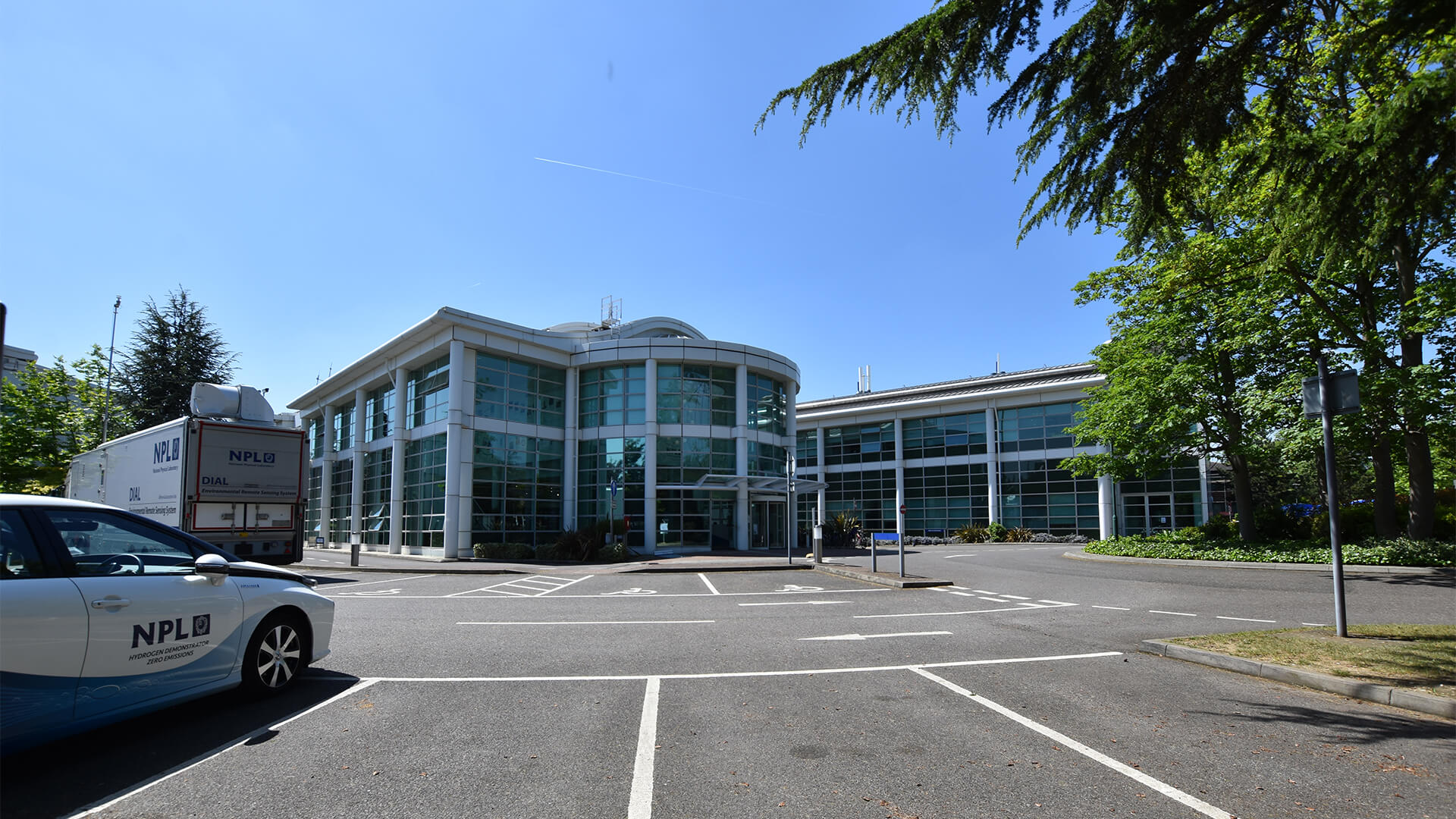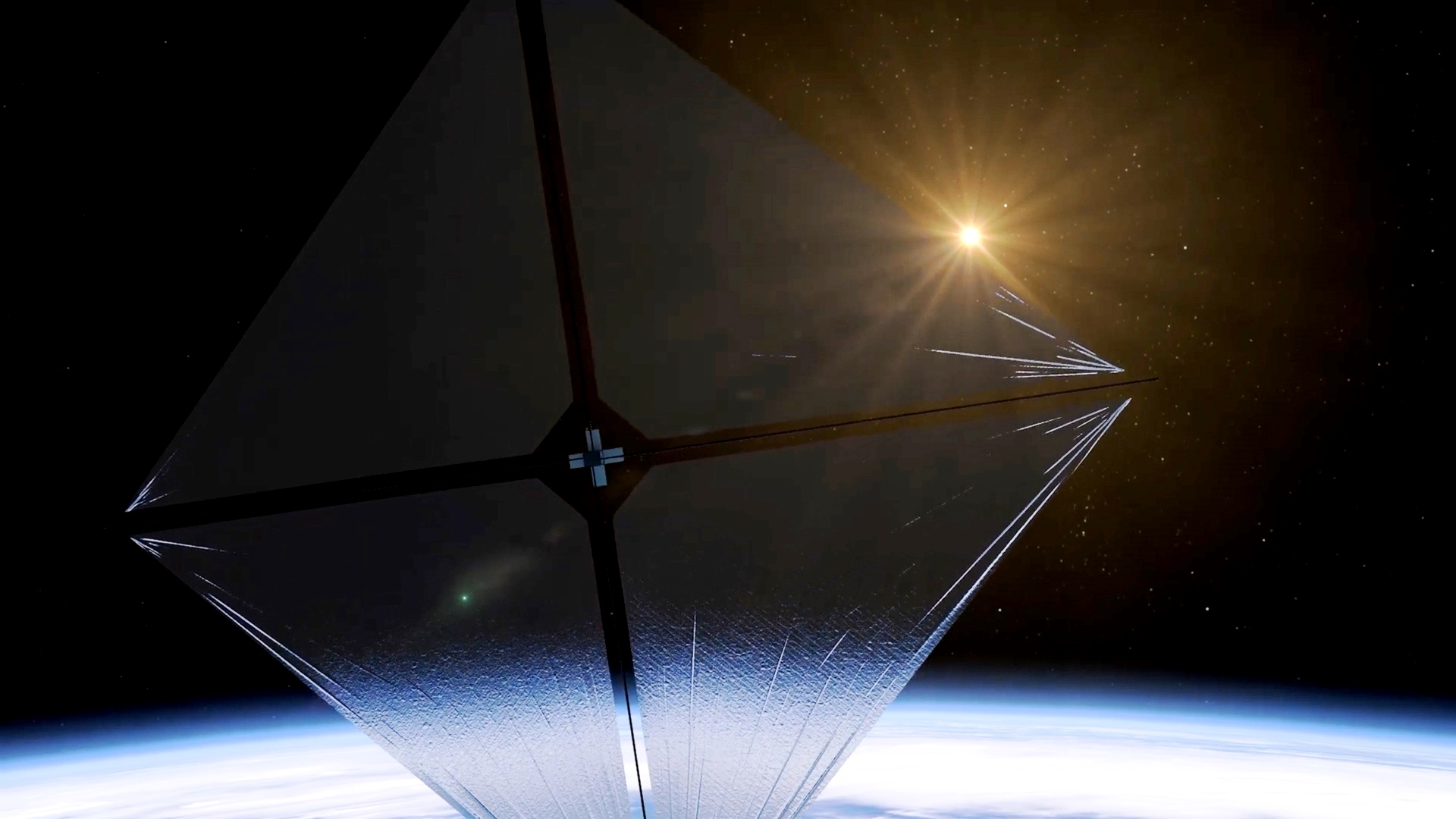Airbus Defence and Space to start testing on CHEOPS

Airbus Defence and Space, as prime contractor of CHEOPS, is preparing the first spacecraft test campaign in Spain. The structure of the platform has been fitted with mass dummies to represent the different equipment of the satellite, and the thermomechanical model of the instrument has also been integrated. The structural model will now undergo mechanical qualification through the end of the year. Once it is qualified, the structure will later be used as flight model.
The proposed design for CHEOPS is based on the AstroBus family of satellite platforms, and uses the AstroBus-S model. Other missions based on the AstroBus series include SPOT 6 and 7, KazEOSat-1, the Sentinel-5 Precursor, PeruSat-1 and the MetOp Second Generation satellites.
Work is progressing rapidly according to schedule and Airbus Defence and Space teams in Spain are working hard to meet the demanding deadline since CHEOPS is ESA’s first small-class mission, to be launch-ready in December 2017.
The satellite consists of a Ritchey-Chrétien telescope integrated in a standard small platform. Over three and a half years, from its dedicated low-Earth orbit, it will observe bright and nearby stars that are known to have a planetary system. One of the main objectives of CHEOPS is to determine the radii of planets with masses that are already known as a result of studies using ground-based observatories. This will then allow deductions to be made as to their size and density in order to classify them as rocky, gas or other types of planets.
CHEOPS was selected in October 2012 from among 26 scientific proposals and has an estimated cost of €50 million for the complete mission.













